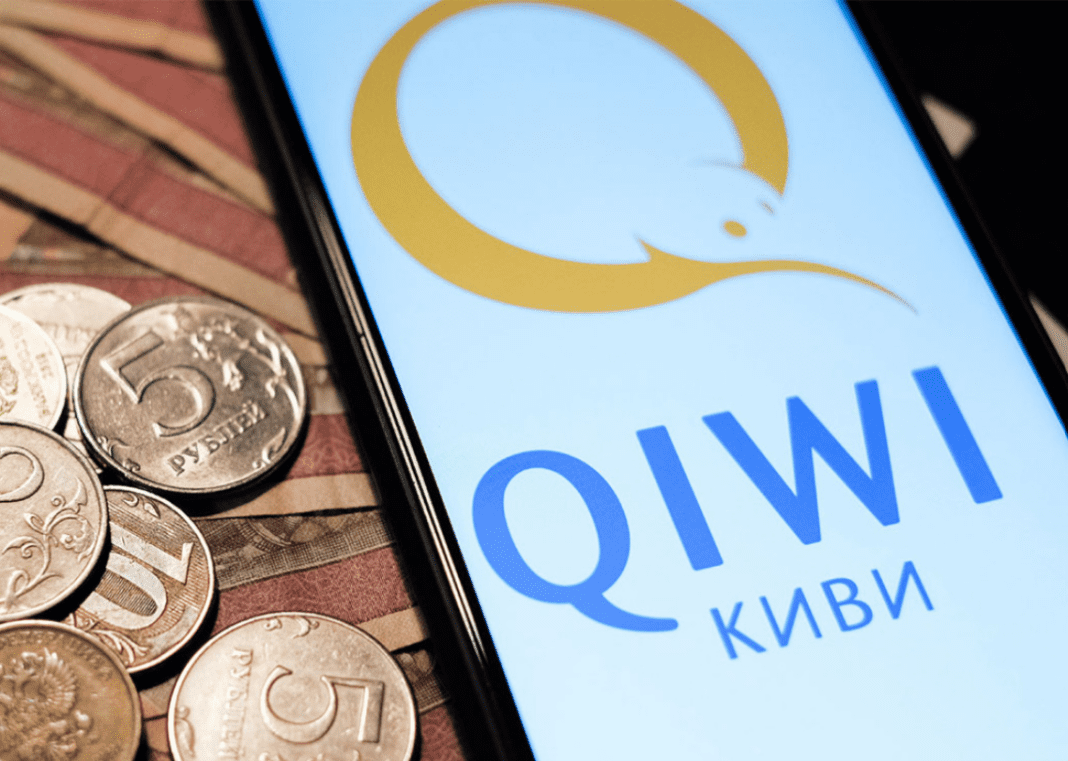In a remarkable regulatory crackdown, the Central Bank of Russia (CBR) has stripped Qiwi Bank of its operating license, citing the institution’s involvement in high-risk operations linked to the black market. This action comes in the wake of Qiwi, the bank’s Cyprus-based parent company, announcing its divestiture of Russian assets in a bid to retain its presence on both NASDAQ and the Moscow Exchange (MOEX).
The divestment saw Qiwi’s Russian holdings consolidated under JSC QIWI being sold to Fusion Factor Fintech Limited, a company under the ownership of Andrey Protopopov, Qiwi‘s CEO at the time. Valued at RUB 23.75 billion, the sale was significantly influenced by the geopolitical climate and regulatory pressures, leading to Protopopov’s subsequent resignation.
Qiwi‘s journey from its foundation in 2007 by Sergey Solonin, Boris Kim, and Andrey Romanenko to its 2013 NASDAQ IPO marks a trajectory of innovation and growth. However, the CBR’s allegations paint a starkly different picture of Qiwi Bank‘s recent operations, accusing it of facilitating illicit transactions ranging from cryptocurrency exchanges to illegal gambling and bookmaking platforms.
The fallout from the license revocation has been immediate and widespread, affecting not just Qiwi‘s operational capabilities but also its clients, who found themselves unable to conduct transactions via Qiwi wallets and the Contact money transfer system. In response, the Deposit Insurance Agency of Russia has stepped in as a temporary administrator, promising compensation to affected clients and triggering a near 50% drop in Qiwi’s Moscow-listed depositary receipts.
This regulatory action against Qiwi Bank raises pertinent questions about the broader implications for Russia’s financial sector and its efforts to combat money laundering and terrorism financing. The move signifies a tightening grip by Russian authorities on financial institutions, especially those perceived as vulnerabilities in the country’s economic fabric.
The case of Qiwi Bank underscores the challenges facing financial entities operating in Russia’s increasingly scrutinized sector. As regulators continue to clamp down on malpractices, the landscape for Russia’s financial sector appears set for further upheavals. The swift regulatory response also highlights the critical role of oversight agencies in maintaining the integrity of the financial system, particularly in an era where digital transactions and the use of cryptocurrencies present new avenues for financial crimes.
As the dust settles on Qiwi Bank‘s license revocation, the financial industry and regulatory observers alike are keenly watching the developments, pondering the future of financial regulation and the measures necessary to safeguard against the misuse of the financial system for illicit purposes.
